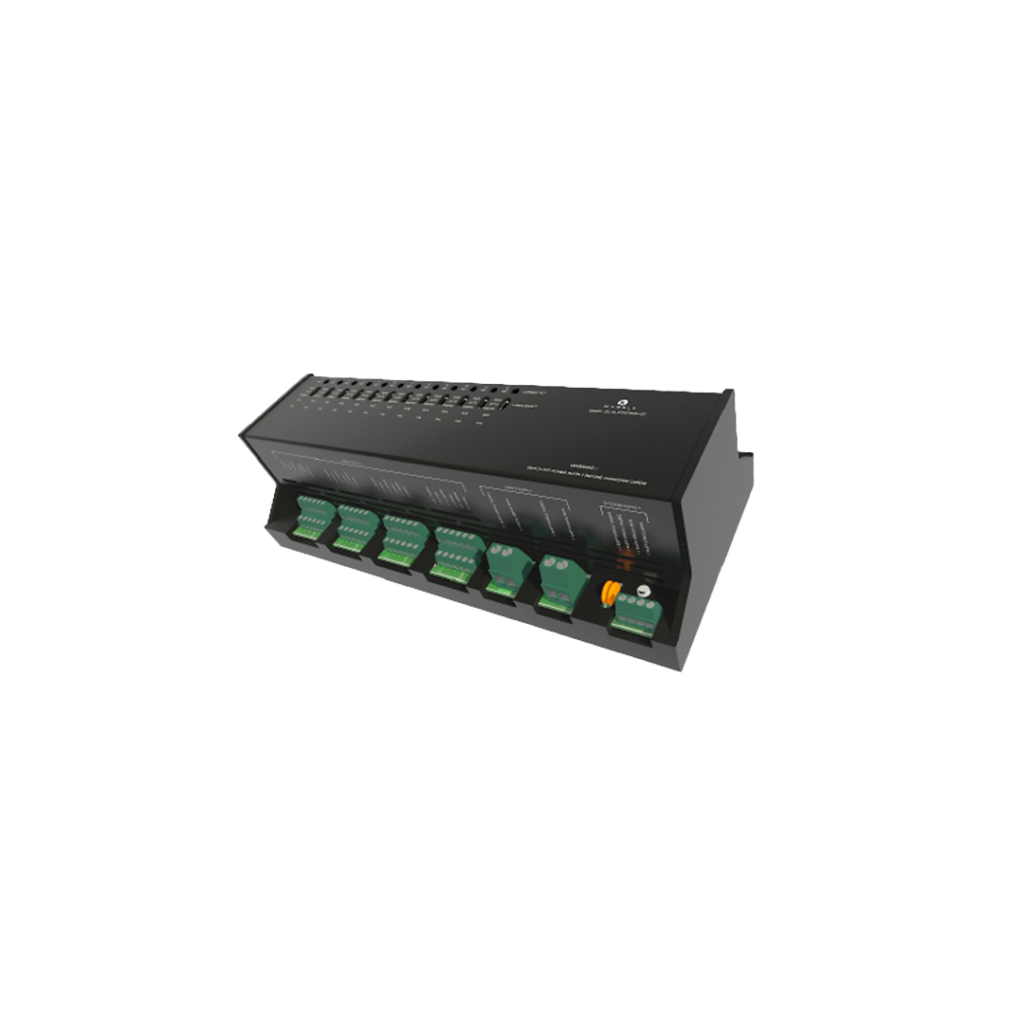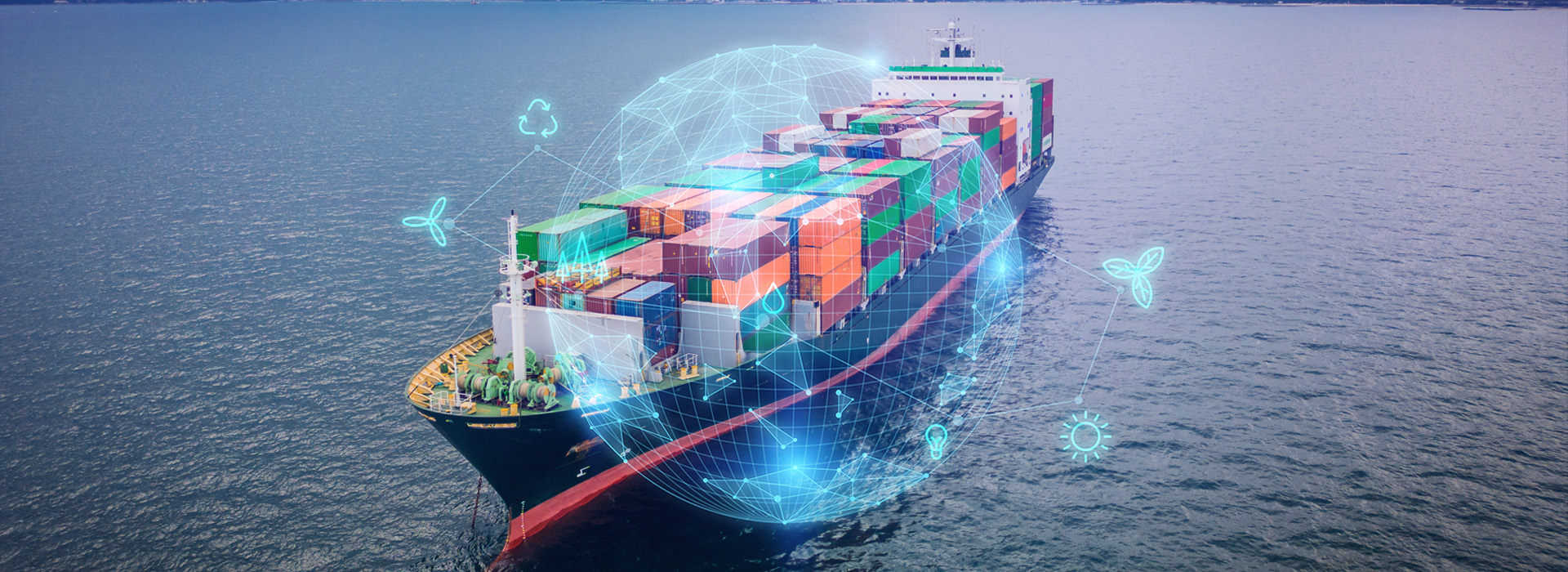Top Innovations in Marine Technology
Marine technology has seen significant advancements in recent years, revolutionizing the way we navigate and interact with the oceans. From autonomous vessels to sustainable energy solutions, these innovations are shaping the future of the maritime industry.
One of the most groundbreaking developments is the rise of autonomous ships. These vessels, equipped with advanced AI and sensor technology, can navigate the seas with minimal human intervention, reducing the risk of human error and increasing efficiency in shipping operations. This technology is expected to transform global trade by optimizing routes, saving fuel, and reducing carbon emissions.

Another key innovation is the integration of renewable energy sources into marine operations. The adoption of wind, solar, and wave energy technologies is helping to power ships and offshore platforms sustainably. For example, hybrid propulsion systems that combine traditional engines with renewable energy sources are becoming increasingly popular, offering a cleaner and more efficient alternative to conventional marine engines.
In addition to these, the development of advanced materials is playing a crucial role in enhancing the durability and efficiency of marine vessels. Innovations in lightweight composite materials and corrosion-resistant alloys are leading to the construction of ships that are stronger, lighter, and more fuel-efficient, extending the lifespan of marine equipment and reducing maintenance costs.
Gathering Minds: The Future of Maritime Design
Key topics at these conferences often include the design and implementation of smart ports, which leverage IoT and data analytics to streamline operations and improve security. The exploration of next-generation navigation systems, including the use of augmented reality (AR) and virtual reality (VR) for training and real-time decision-making, is also a highlight.These conferences are vital in driving the industry forward, fostering collaboration, and sparking new ideas that continue to push the boundaries of what’s possible in marine technology.
At the forefront of these advancements are international conferences and exhibitions that bring together leading experts in marine technology. These events serve as platforms for showcasing the latest innovations and discussing the future of maritime design. The focus is not only on enhancing performance and safety but also on promoting sustainability and environmental stewardship.


Navigating Tomorrow: What Lies Ahead
As we look to the future, the ongoing advancements in marine technology will undoubtedly continue to shape the maritime industry. The integration of AI, renewable energy, and advanced materials is just the beginning. With continued innovation, we can expect even more transformative changes that will enhance safety, efficiency, and sustainability at sea.
One of the most exciting prospects is the potential for zero-emission ships, powered entirely by renewable energy. These vessels could play a key role in reducing the maritime industry’s carbon footprint and combating climate change. Additionally, the use of big data and analytics to predict and optimize shipping routes will further increase efficiency, reducing fuel consumption and operational costs.
The future of marine technology holds immense promise, and staying at the cutting edge of these innovations will be crucial for businesses and governments alike. As we navigate these changes, it’s clear that the seas of tomorrow will be safer, cleaner, and more connected than ever before.




